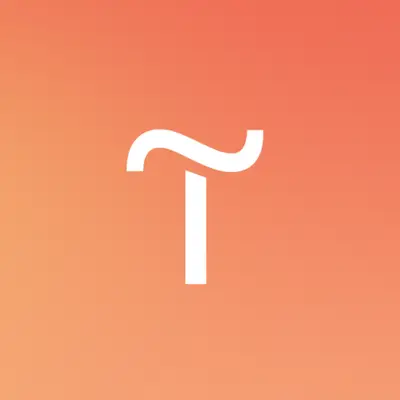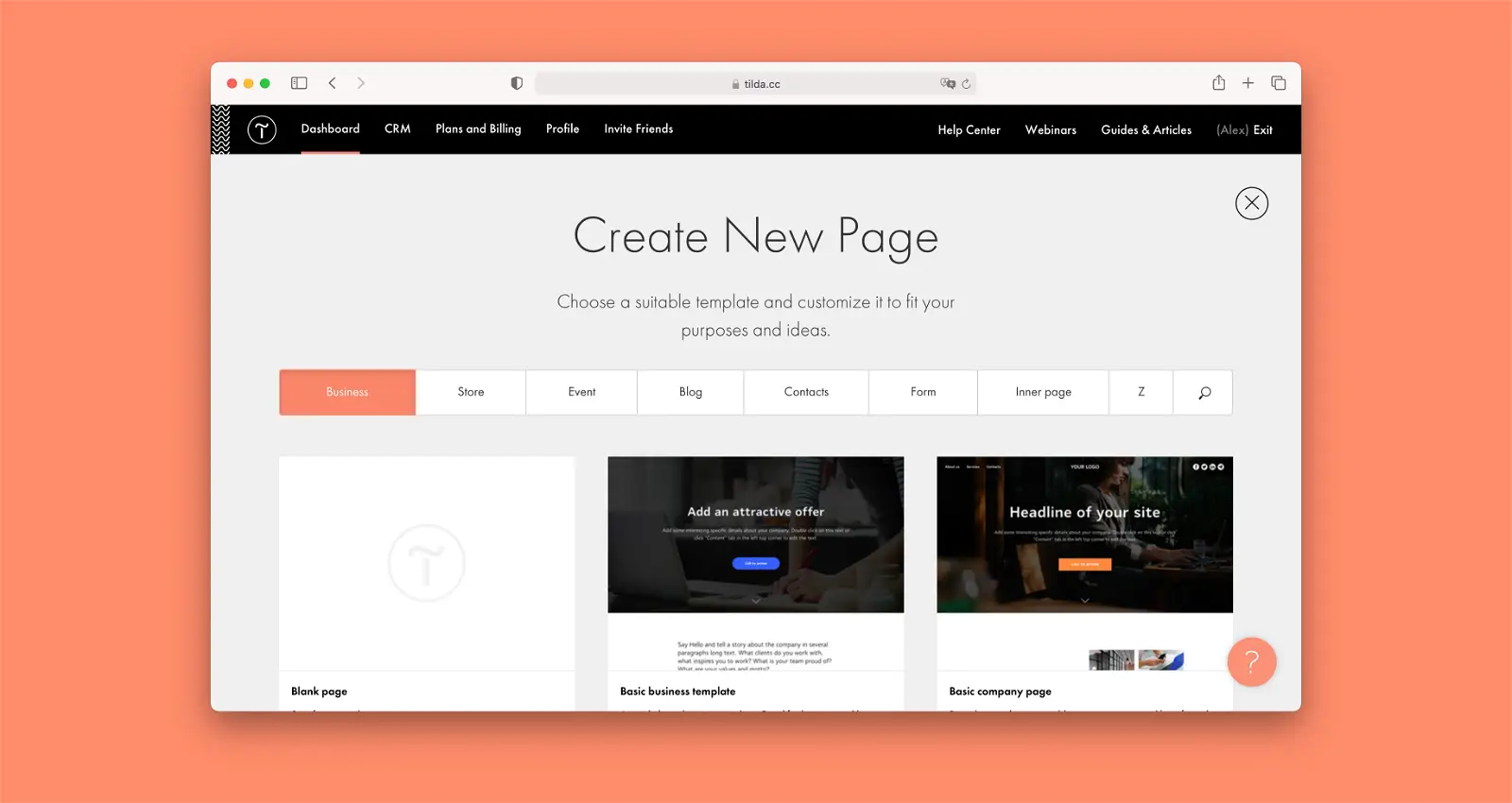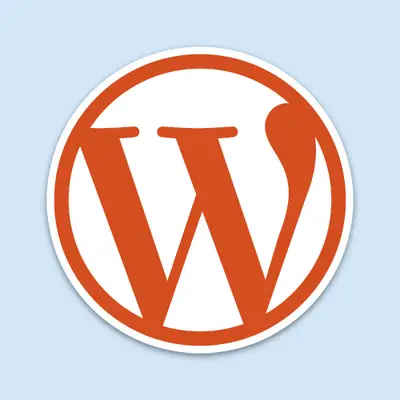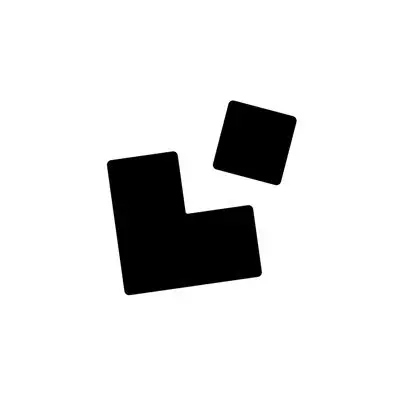Tilda has a clean user interface with a modular drag and drop system.


About
Use Cases
MARKETING SITE
Similar Tools

WordPress
Create a free website or build a blog with ease.

Wix
Choose a stunning template and customize anything with the Wix website builder—no coding skills needed.

Weglot
Weglot allows you to make your website multilingual in minutes.

Weebly
Weebly is the easiest drag and drop web builder out there.

Webyo
Visually build stunning white label websites for your clients without code.

Webflow
The most powerful and customisable web design tool out there, used to build NoCode.tech.

Unstack
The no-code marketing platform for your digital presence.

Universe
Start your business, build your brand, and share it with the world—all from the palm of your hand.